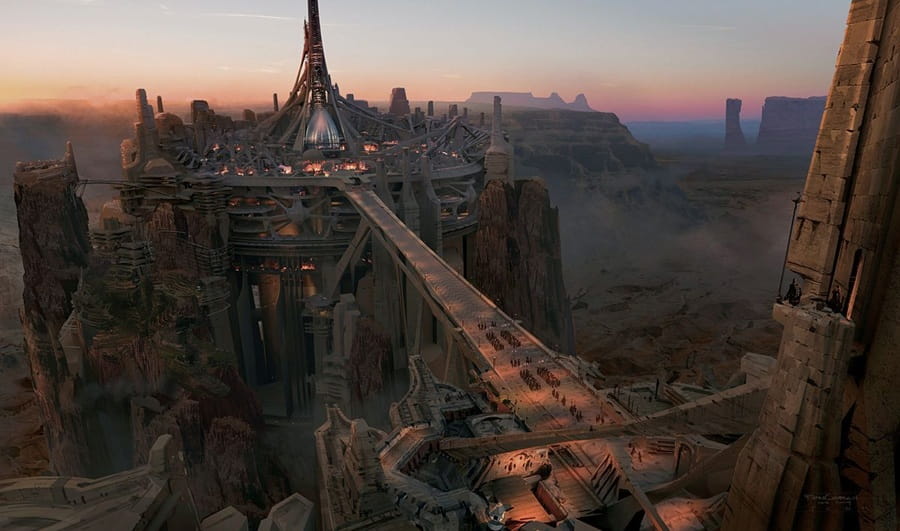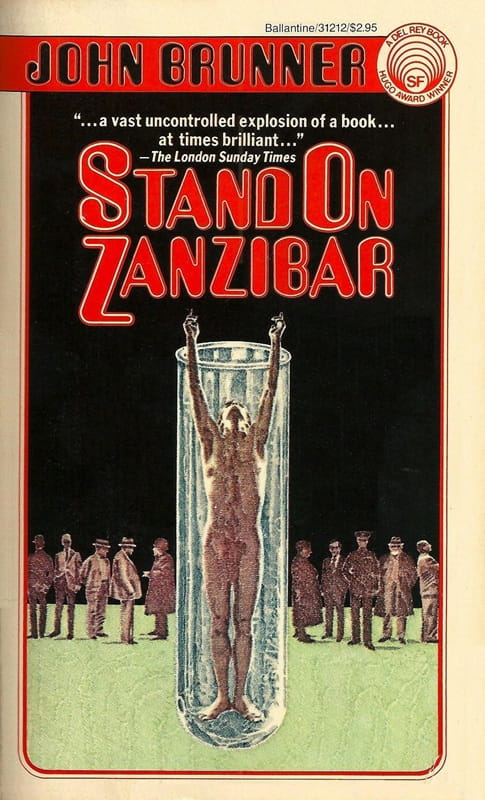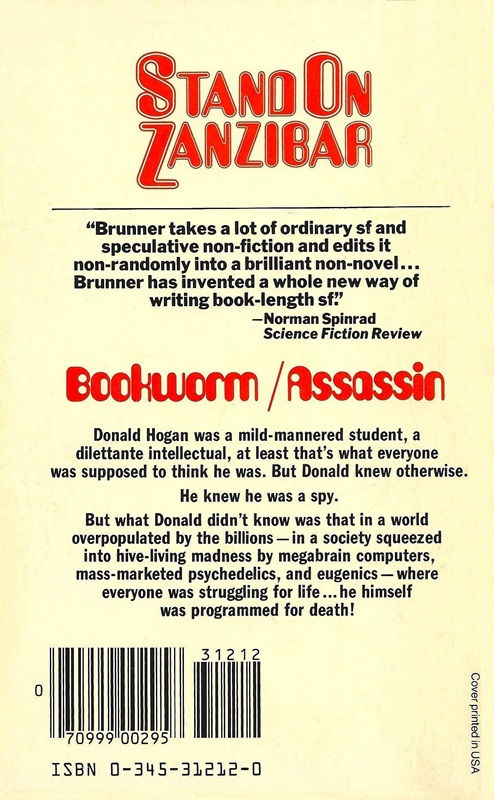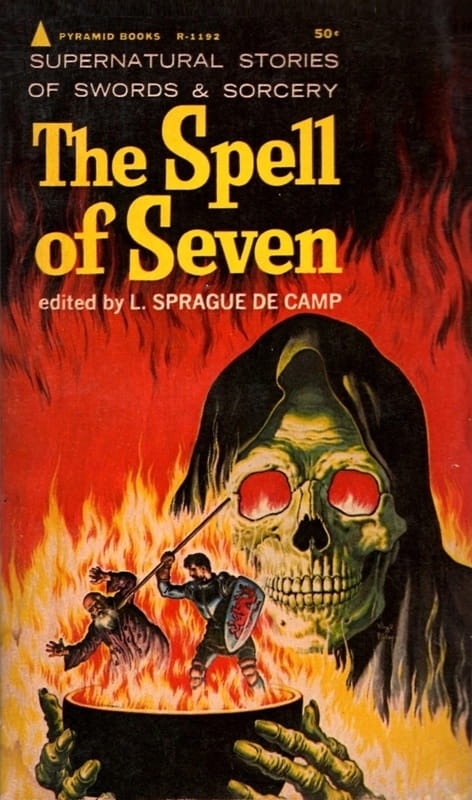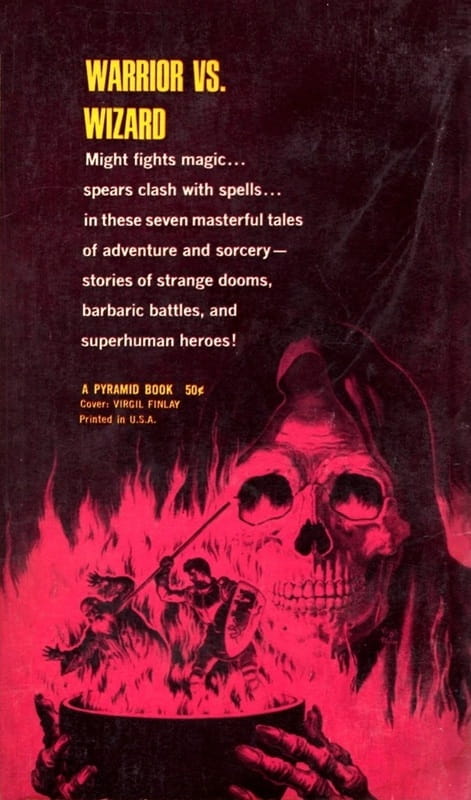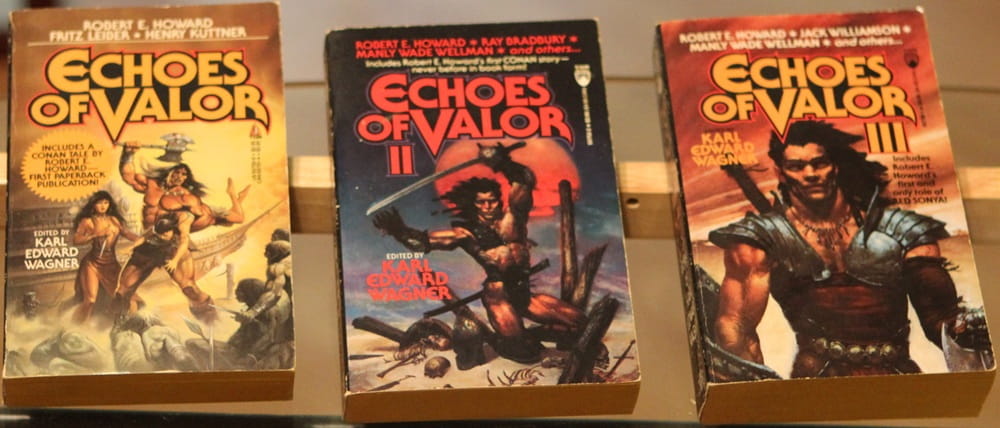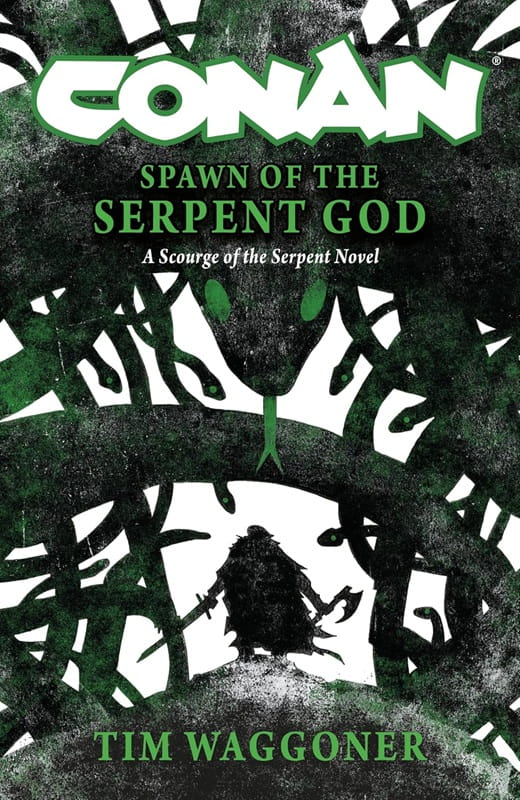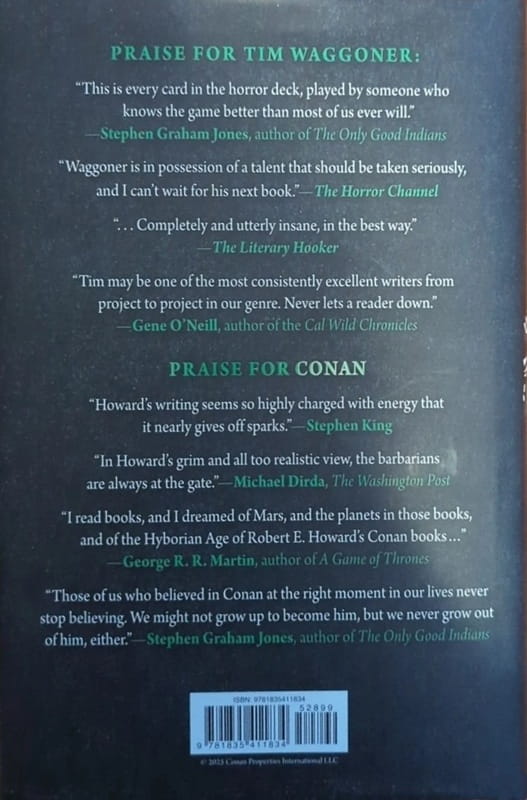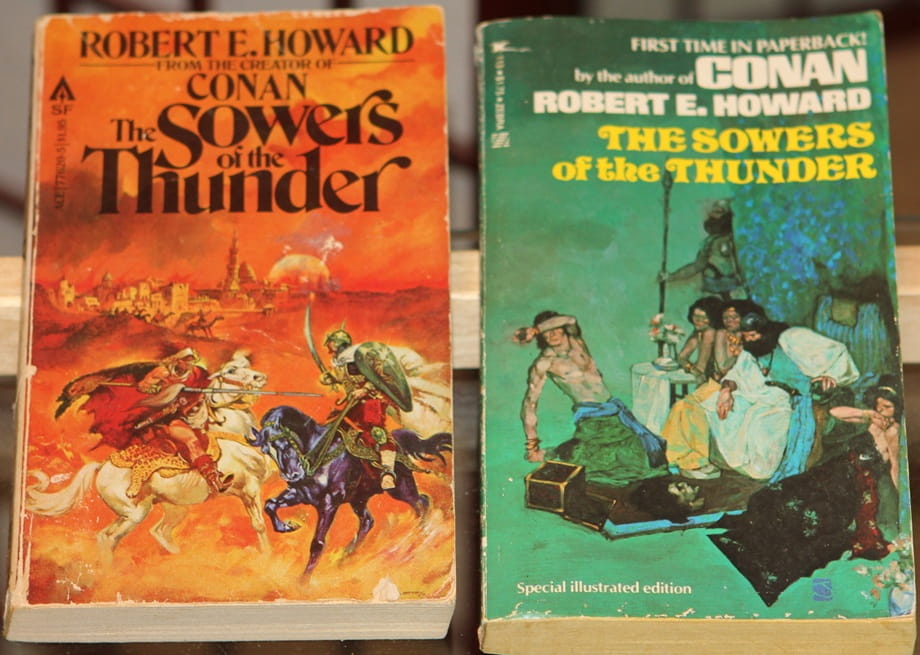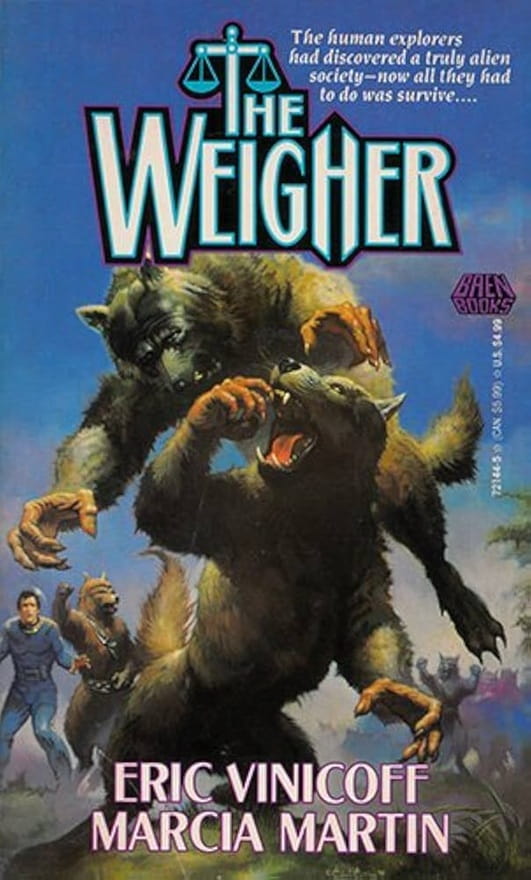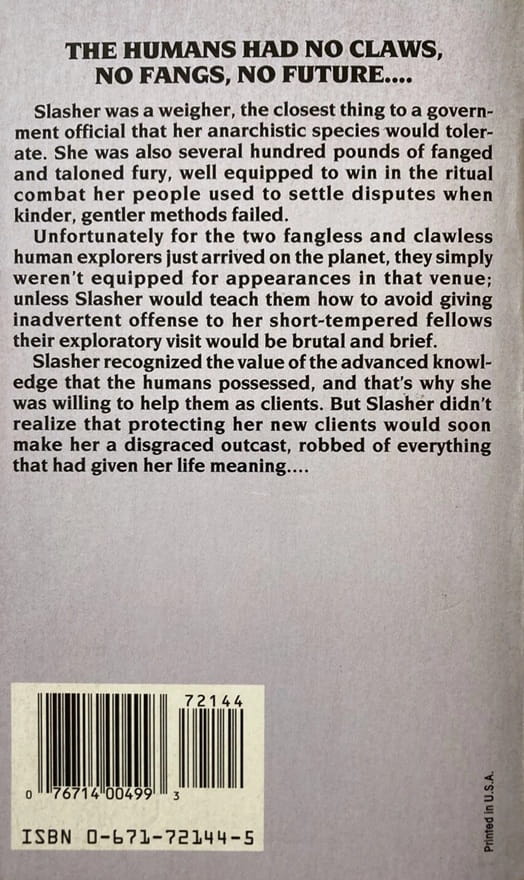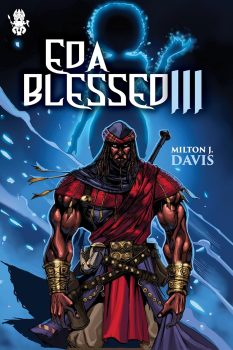
“I’ve been away from Sati-Baa for ten years,” Omari said. “I’ve walked every inch of Ki Khanga and never truly felt at home. Now I have the means not only to return but establish something of my own. The closer I get, the more eager I am to see it done.”
I first encountered Milton Davis way back in 2012 when I bought Griots (2011), a collection of sword and soul tales he co-edited with Charles Saunders. I bought it on the combined strengths of Saunders’ name and the cover. As a quick side note, if you don’t own it, you can buy an e-book for $3.99, so you have no excuses. It and its companion volume, Sisters of the Spear (2013), are fantastic collections and deserve way more recognition than they’ve received.
I enjoyed Davis’ own story in the book so much, I immediately bought the first Changa book. Changa Diop is a noble adventurer and merchant in 15th century Africa who travels to the Far East and back, ever intent on regaining his father’s kingdom from an usurper. At the heart of the sword and soul explosion of the last two decades, these are great additions to the catalog of heroic fantasy.
Davis’ other major character, Omari Ket, is a very different sort of adventurer. He is a rake, a gambler, a mercenary, but, most importantly, blessed by the goddess Eda. She is the wife of the god Daarila, and with him, co-creator of the heavens and the earth. This has protected him in many instances as well as altered his plans as Eda has used him for her own greater plans.
Omari’s adventures take place in the African-inspired world of Ki Khanga. The setting was created by Davis and Balogun Ojetade for a RPG. To christen it, they released an anthology of stories places, Ki Khanga (2013), in the setting and one of my favorites was “Simple Math” featuring Omari. It’s a fun book, filled with warriors and sorcerers, talking gorillas and elephants with guns, and I reviewed it over at my site. …
Read More Read More
